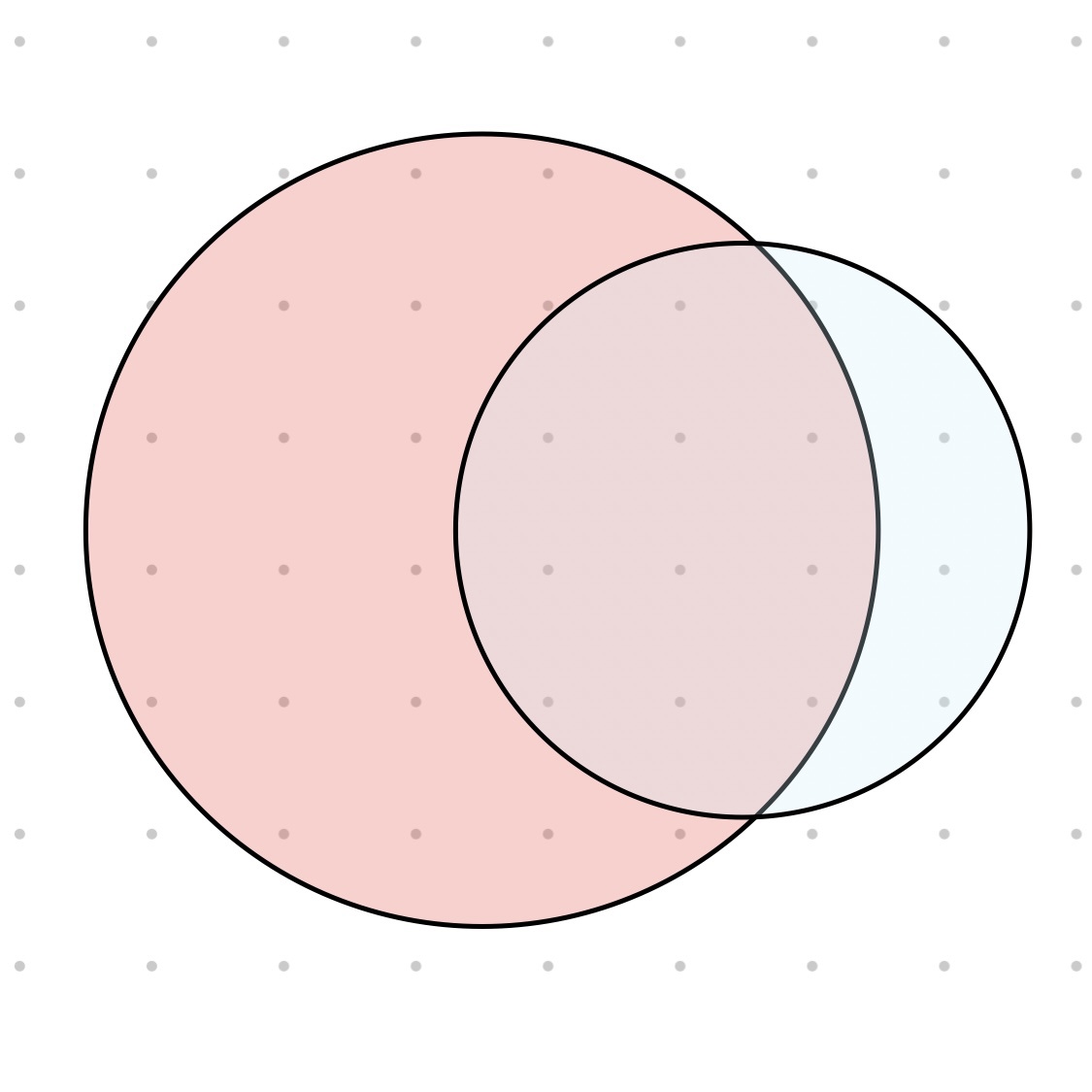I am chiming here as a guest.
I'm not linguist but I am a native English speaker from the UK who has lived in continental Europe for nearly 30 years.
I take European English to be a variant of English that is spoken in continental Europe by non-native English speakers. Typically as a second language currently
I live in Brussels but I do not work for the commission but I instead in large multi national companies whose workforce is predominantly Belgian, most of them use English to bridge the gap between Dutch and French or communicate with other language speakers in the office.
The Belgium use of English is heavily influenced by French, and Dutch, and German, and many other languages, which creates words and phrases that are meaningless to an native English speaker, could be nonsensical, mean the opposite, or are completely misleading to a native speaker.
It is a minefield for a native English speaker and most of the time I don't know what they are saying or what they are asking of me, and when I think I do it turns out they're being something completely different. This comes from people learning English on the job, with very little exposure to later speakers. I have lost jobs so for it because I don't understand what my bosses said or have misunderstood them.
Working for the European commission is much better because they tend to have actually been taught proper English, but once you are outside of this area it becomes a minefield. An exception would be the Netherlands where people speak an excellent level of English.
A manager asked me to report the project, so I go and create a report on the project based on what information I thought they wanted. However, what they really meant was that they wanted me to postpone the project to later date. To report in French means to postpone. However, some of them use "to report" correctly, but I never know which person is using the English version of report or the French version.
Imagine a paragraph of words that have completely different meaning in for a native English speaker compared to that of a European-English speaker. It is a recipe for disaster, and has caused many.
Luckily, the Commission has publisher document about this, but unfortunately nobody read it.
https://commission.europa.eu/system/files/2016-12/clear_writing_tips_en.pdf
In my opinion, English use is a non-standard mess in continental Europe that is causing communication problems because people are learning it badly.
but this is how languages evolve, and I hope there's 100 years from now we will be speaking a mutually intelligible version, unless somebody does the English version of report when asked to report the missile attack.
Regards,
Mrs PullingHerHairOut!

[r]and absence of[ð θ]in Russian will often make Russian-English accent to retain rolling[r],[ð θ]replaced with[z s], just like in movies. Is this what is needed?